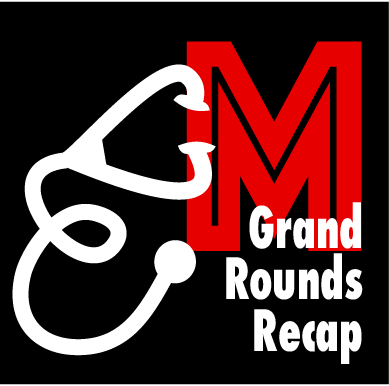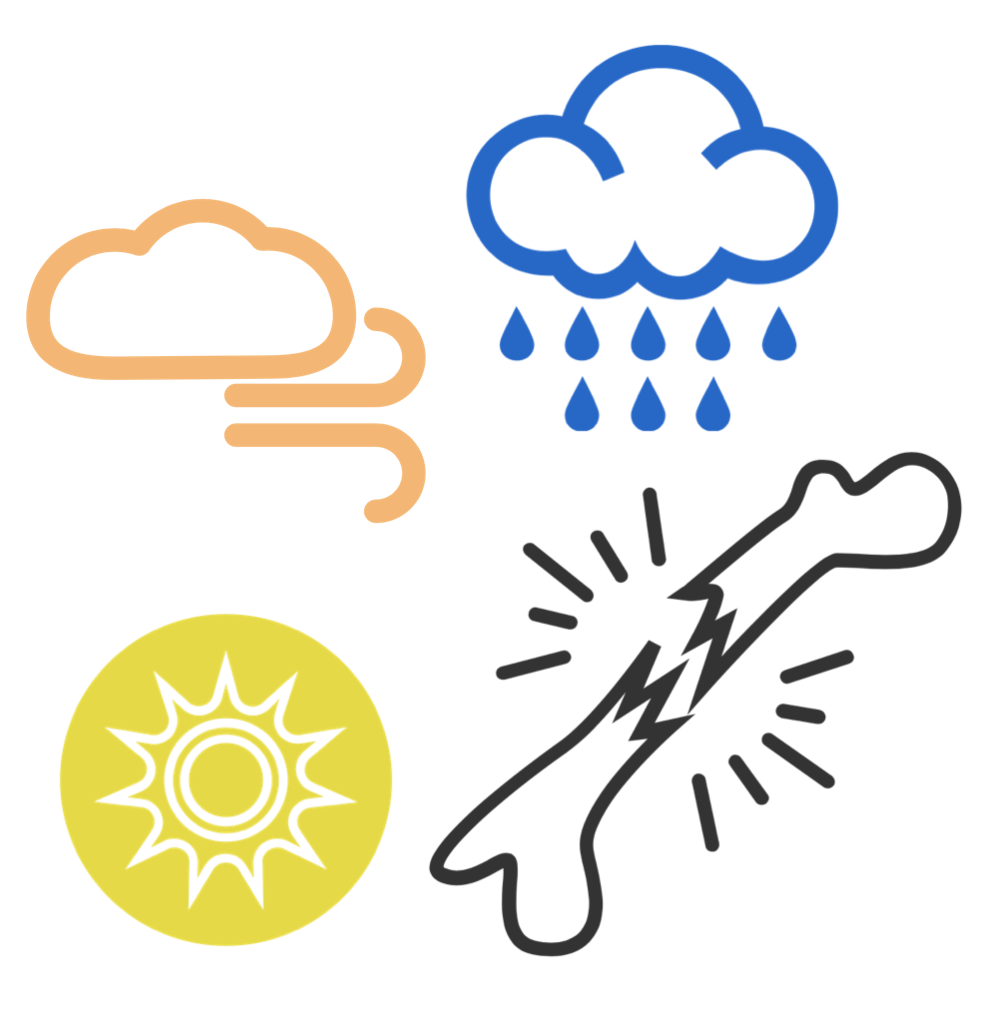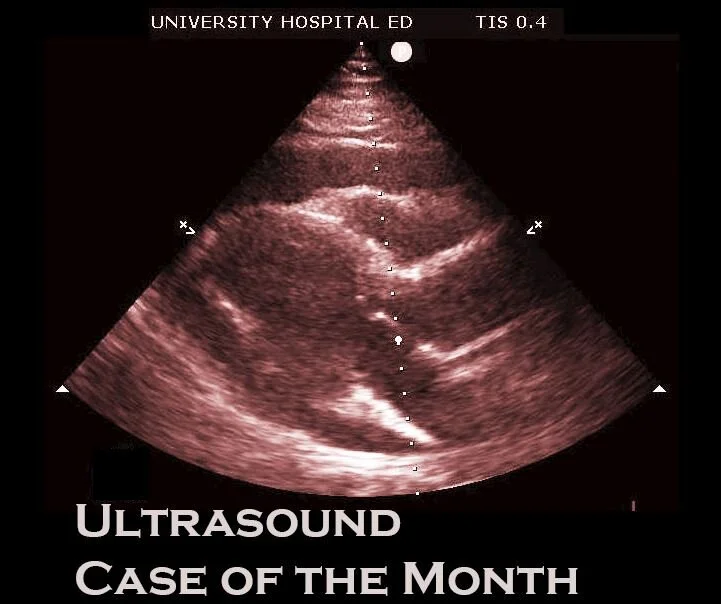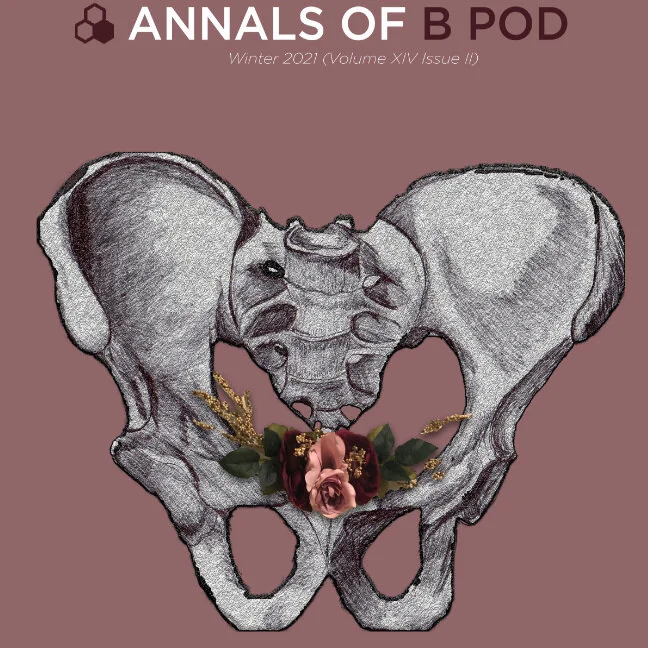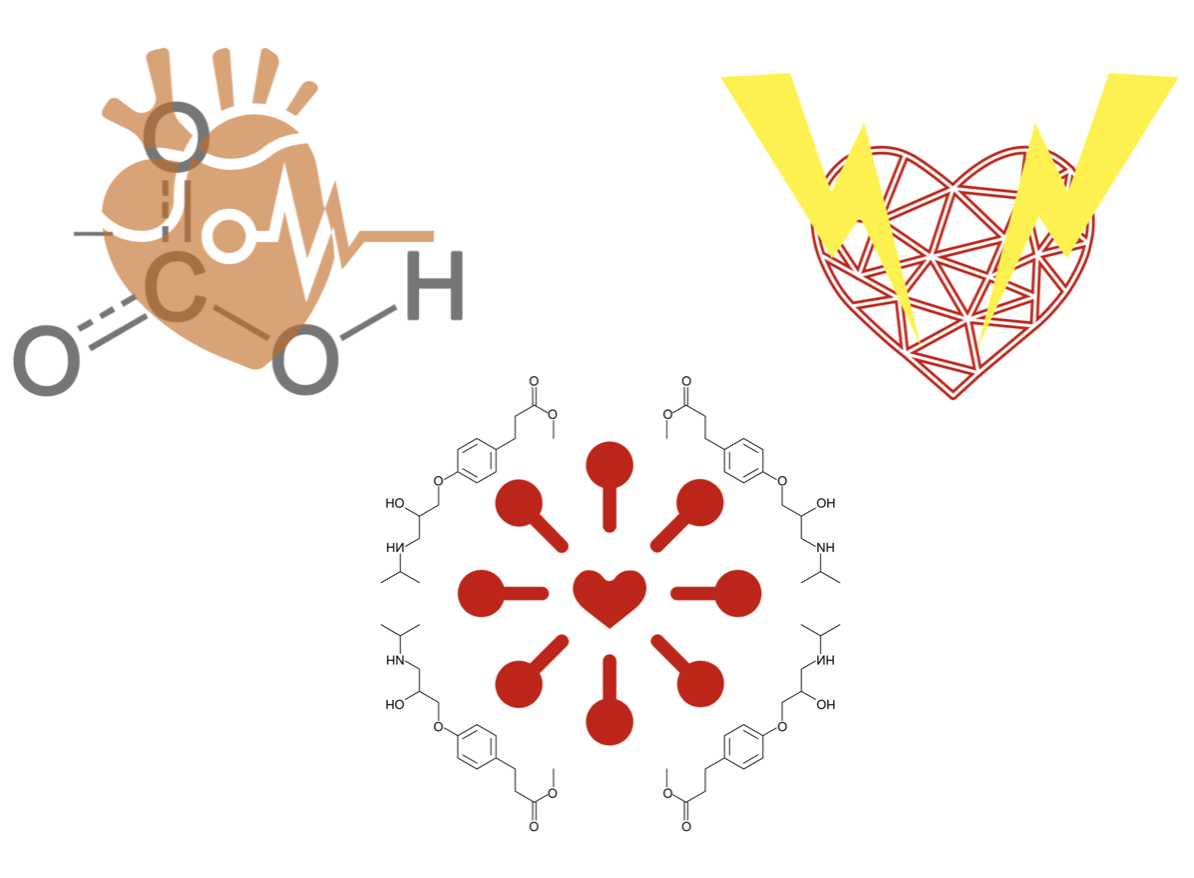Open fractures are a common pathology seen in emergency departments, especially in trauma centers. In open fractures, the skin barrier has been compromised, exposing sterile bone to the environment. Considered a true orthopedic emergency, these fractures have high morbidity due to osteomyelitis, with infection rates up to 55%. (1) Appropriate and timely intervention in the emergency department with proper antibiotic therapy, wound care, and early orthopedic surgery involvement dramatically reduces the risk of developing osteomyelitis. In this post, we will review the management of open fractures and address additional complications from open fractures. Fractures of the axial skeleton (skull, facial bones, spine, ribs, and pelvis) will not be discussed in this post. Antibiotic recommendations for osteomyelitis prophylaxis are discussed in another post.
Read More